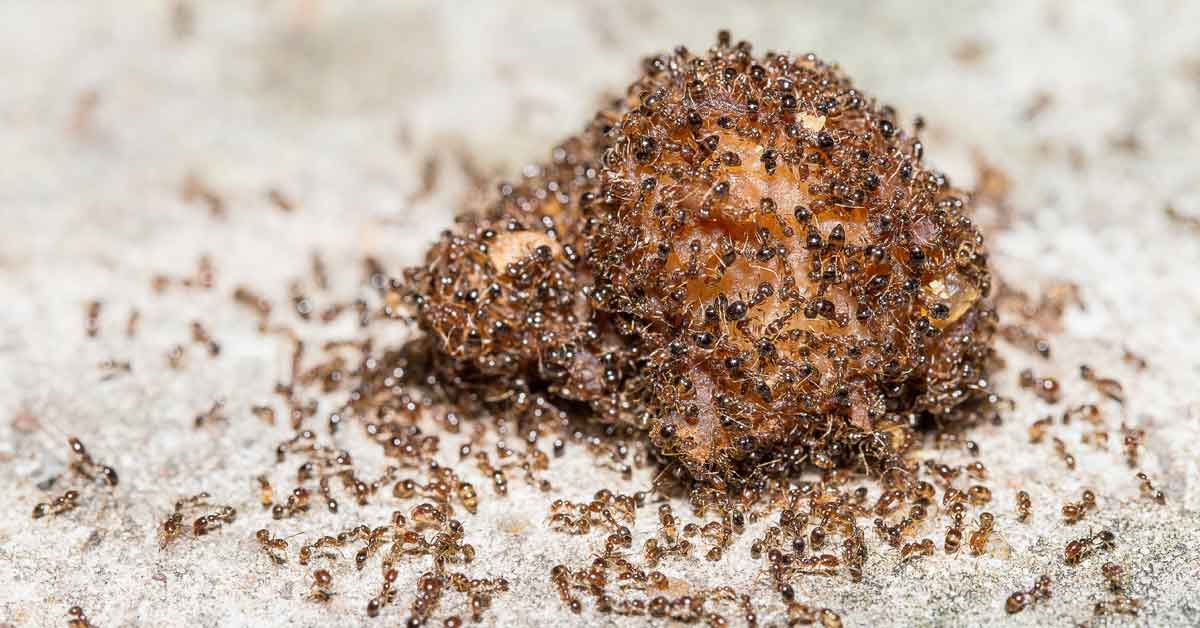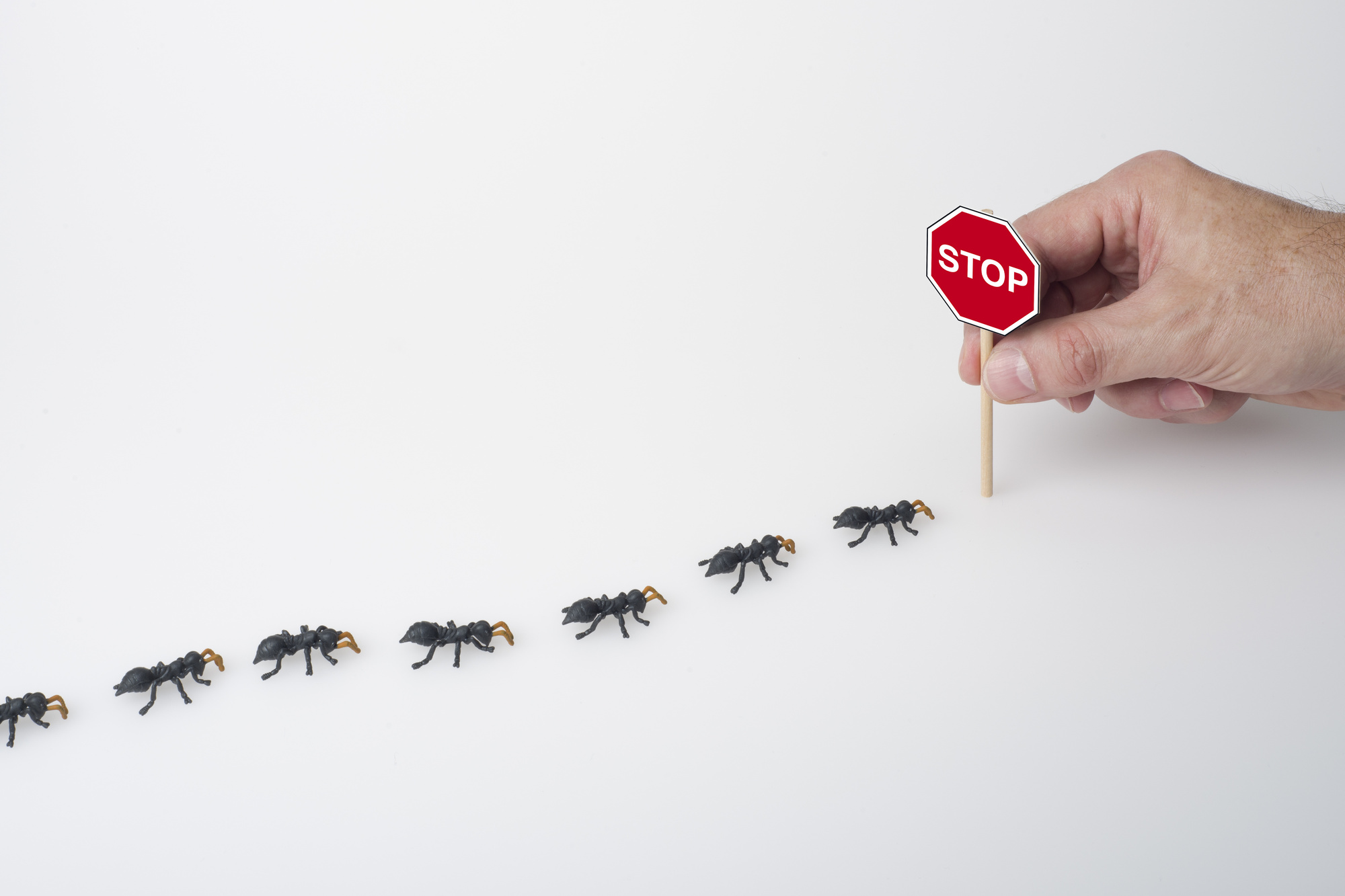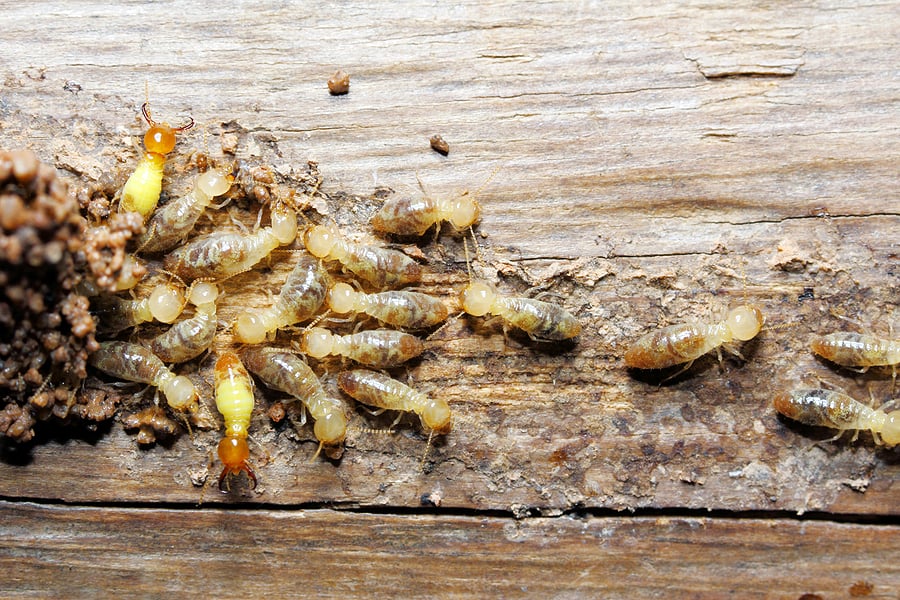Ecological Impact of Insect Control: Harmonizing Performance With Sustainability
The ecological influence of pest control is a crucial issue that requires a fragile balance in between achieving effectiveness in taking care of pests and guaranteeing sustainability of our ecosystems. From the usage of damaging chemicals that leak right into our dirt and water to the unexpected effects on non-target types, the effects of conventional parasite control methods are far-ranging.
Damaging Chemicals in Bug Control
The application of damaging chemicals in bug control poses substantial ecological and health dangers that call for cautious factor to consider and mitigation techniques. Insecticides, herbicides, and pesticides are frequently made use of to get rid of bugs, however their prevalent application can bring about unintentional consequences. These chemicals can contaminate soil, water resources, and the air, affecting not just the targeted bugs however likewise helpful bugs, wild animals, and human beings.

To deal with these dangers, integrated insect administration (IPM) methods are being advertised as a much more sustainable option. IPM involves a mix of approaches such as biological control, habitat adjustment, and the targeted use chemicals as a last resource (ant control lincolnton nc). By taking on an alternative approach to pest control, we can reduce the ecological and health and wellness impacts connected with damaging chemicals while properly taking care of pest populaces
Influence on Non-Target Species
Thinking about the unplanned effects of insect control approaches, the effect on non-target types is a crucial facet that needs comprehensive analysis. While parasite control procedures intend to target particular bugs, other microorganisms in the environment may be inadvertently impacted. Non-target types, consisting of useful insects, birds, mammals, and also plants, can suffer straight or indirect harm from chemical applications or organic control approaches.
Chemicals can have sub-lethal or dangerous impacts on non-target types. Pesticides designed to fight a certain insect bug may harm pollinators like bees or all-natural predators such as ladybugs. In addition, chemical deposits can gather in the setting, affecting non-target microorganisms with time. Likewise, biological control agents, otherwise species-specific, can posture dangers to unplanned targets, interrupting the environmental equilibrium.
To reduce the influence on non-target types, integrated pest management (IPM) techniques that stress a holistic approach to pest control are suggested. These techniques prioritize making use of environmentally friendly methods, decreasing harm to useful microorganisms while efficiently taking care of pest populaces. Conducting complete risk assessments and keeping track of the results of insect control efforts are necessary actions in guarding non-target varieties and advertising general ecological community health.
Soil and Water Contamination
Unintended ecological consequences of pest control approaches extend beyond affecting non-target species, with considerable implications for dirt and water contamination - termite control services. Pesticides, herbicides, and chemical plant foods made use of in insect control can seep right into the dirt and pollute groundwater, posturing a risk to both earthbound and marine communities.
Water contamination is another vital problem associated with insect control methods. Runoff from farming areas treated with pesticides can carry these chemicals right into neighboring water bodies, impacting marine microorganisms and water top quality. Pollutants in water resources can have far-ranging effects, affecting not just aquatic life but also human health via the usage of polluted water or aquatic microorganisms. To mitigate dirt and water contamination from bug control activities, integrated insect monitoring strategies that focus on sustainability and reduce chemical inputs are essential.
Air Air Pollution From Chemical Use
Exposure to airborne pesticides throughout agricultural applications poses a substantial problem for air pollution control procedures. They can volatilize right into the air and type unpredictable natural substances (VOCs) and various other airborne pollutants when chemicals are sprayed onto plants - ant control services. These chemicals can add to the development of ground-level ozone, a significant element of smog that can have damaging impacts on human wellness, plant productivity, and overall air high quality. Additionally, chemical drift, where pesticides are brought by the wind to unplanned locations, can result in the contamination of nearby environments and water bodies.

Approaches for Lasting Pest Control
In the world of farming practices, implementing lasting insect control approaches is paramount for keeping ecological equilibrium and protecting plant yields. Sustainable bug control emphasizes making use of eco-friendly methods to manage insect populaces efficiently while reducing damage to non-target microorganisms and communities. Integrated Insect Administration (IPM) is an extensively taken on technique that incorporates biological, cultural, physical, and chemical control methods to attain long-lasting bug monitoring remedies.
One key strategy in sustainable bug control is advertising biodiversity within agroecosystems. By boosting natural enemies of bugs, such as killers and parasitoids, farmers can minimize the requirement for artificial pesticides. Plant rotation and diversification are also effective strategies to interfere with pest life cycles and create less desirable conditions for insects to grow. Furthermore, utilizing pest-resistant plant selections and using strategies like trap chopping can help in reducing parasite pressure without counting greatly on chemical interventions. Inevitably, by incorporating these sustainable parasite control techniques, farmers can accomplish a balance in between pest monitoring performance and environmental stewardship.
Verdict
To conclude, the environmental influence of parasite control methods should be thoroughly thought about to balance effectiveness with sustainability. Damaging chemicals made use of in insect control can bring about dirt and water contamination, air pollution, and injury non-target species - ant control. It is essential to apply sustainable bug control techniques to minimize these unfavorable impacts on the setting and promote a healthier ecosystem for future generations
By embracing an alternative strategy to pest control, we can lessen the environmental and wellness influences associated with unsafe chemicals while properly managing pest populaces.

To alleviate the air contamination caused by chemical usage, it is crucial to take on incorporated bug administration strategies that focus on the usage of non-chemical bug control techniques, such as plant rotation, natural killers, and immune plant ranges. Lasting bug control stresses the use of eco friendly approaches to handle pest populations effectively while decreasing damage to non-target organisms and environments. Integrated Parasite Monitoring (IPM) find more info is a widely embraced technique that incorporates biological, cultural, physical, and chemical control methods to accomplish lasting insect monitoring remedies.
Comments on “Professional Ant Control Services: Personalized Treatments for Lasting Outcomes”